Follow-Up Article to “The Classroom’s Misogynistic Culture: Is the Future Really Female?”
April 26, 2023
After my previous opinion piece entitled “The Classroom’s Misogynistic Culture: Is The Future Really Female?” The Tattler received an email expressing that the “opinion is misinformed or at least lacking.” In response, we have updated the original article to include this school year’s demographics, along with more student and staff testimonials.
Although gender disparities in education is an evolving and multidimensional issue, the fact still stands: it remains a problem at B-CC.
Honors Physics has 184 students enrolled, with only 55, or 29.9%, being female. This aligns with junior Meaghan Quirk’s comments regarding the low number of girls in her class this year. “It’s weird to look around your class and just see a ton of guys.” She felt that her class specifically, “was weirdly separated.” Although it might have happened because the guys in the class were friends with each other, “it still kind of bothered the few girls in our class.”
Principles of Engineering, the class in which junior Sydney Seiler shared feeling ignored by her male counterparts, has 74 male students but merely 22 female students (23%). “We’re invisible and automatically crossed out in the guys’ minds just because we’re girls in an engineering class,” said Seiler. On multiple occasions, Seiler found that her male classmates would rather get help from other guys, even if they sat farther away.
Junior Anna Lane’s observation that “there aren’t many girls in AP Economics” also holds true, as out of 97 students enrolled in AP Macroeconomics, only 19 are female (19.6%). She recalled less than five in her class period last semester.
These alarming numbers confirm that many of our higher level STEM courses are indeed male-dominated. While the statistics are strong, the experiences of female students merit just as much attention. As discussed in the previous article, being a minority in a competitive environment can be extremely discouraging. Since publishing the original article, more female students have confirmed negative experiences in their majority male classes.
Junior Kailin Bateson shared that in her class, “I feel like I’m not respected as much…and my male classmates can be kind of condescending.” AP BC Calculus, one of the most rigorous math courses available to high school students, has over double the amount of male students as it does female students (51 male, 24 female). She elaborated that she is often nervous to answer questions in class because she feels,“if I’m wrong, people are gonna be like, ‘oh she’s stupid,’ or ‘she doesn’t deserve to be here.’”
Senior Briana Jacobs shared similar sentiments about her BC and multi-variable calculus classes: “It’s… like I have to work harder to prove that I deserve to be in the class and that I know what I’m talking about. Like sometimes guys won’t listen to me in the class about what the right answer is or what the right thing to do is.”
These numbers and experiences are not to invalidate the important work that is being done to combat this issue. B-CC has taken important steps towards progress, aiming to diversify staff and encourage minority groups, like women, to pursue disciplines in which they are underrepresented.
The head of the technology department, Ms. Blandford, acknowledged that Principles of Engineering is “very male heavy in comparison to our female students. But right now we’re looking at those students who would have had [introductory courses] last year or the year before,” when learning was disrupted and adjusted due to COVID-19. Ms. Blandford revealed that, “post pandemic, we’ve seen a dip in female enrollment especially in those upper level classes. And I think a lot of that has to do with the fact that we had intro level classes online, which are supposed to be hands-on engaging classes.”
Ms. Blandford explained her efforts to hire more representative staff. Starting out at B-CC as one of two female teachers in her department, she strives for, “qualified candidates who look like the students who go here.”
She also shared that she frequently moves students to honors or AP level classes, if qualified, in an attempt to open doors for them in the future. “We just say, we’re putting you in a class where you belong, where you are academically capable and going to be challenged, and get the bonus of a weighted GPA and AP scores.”
Dr. McDonald, who heads the science department, revealed that B-CC hosts a Girls STEM Day for Westland and Silver Creek Middle School students. With the intention to spark “students [interest] in studying STEM at B-CC, and then hopefully later in college,” these middle school students “worked in teams to build a spaghetti marshmallow tower, as well as build a solar powered car.”
Gender bias and underrepresentation in the classroom are worldwide issues, and their prevalence is clear at B-CC. We still have work to do. Initiatives and efforts to make our classrooms as inclusive as possible only take us so far, but can hopefully facilitate a more honest and thoughtful dialogue surrounding the culture that produces these male dominated fields. Ignoring or attempting to brush these issues under the rug is not the answer to promoting equity in education.



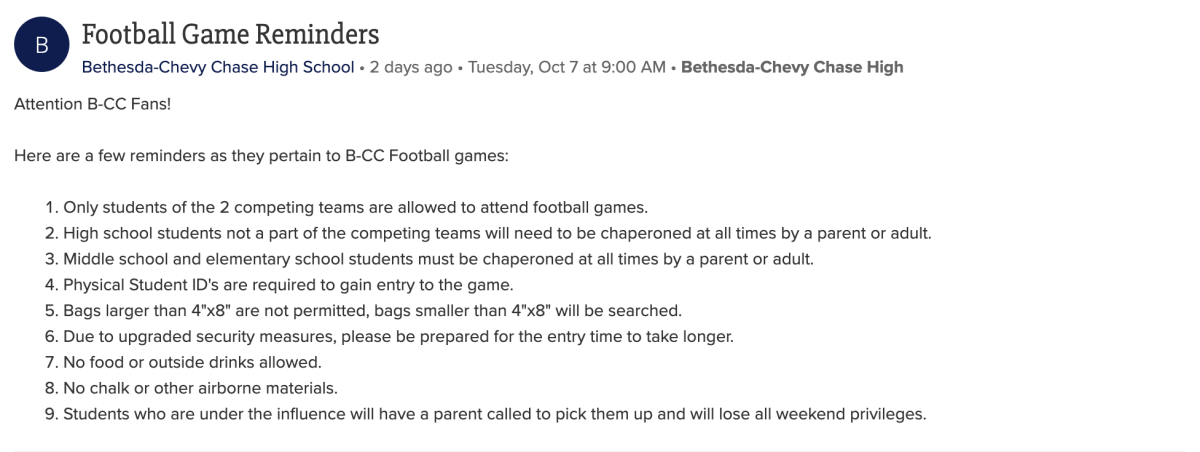


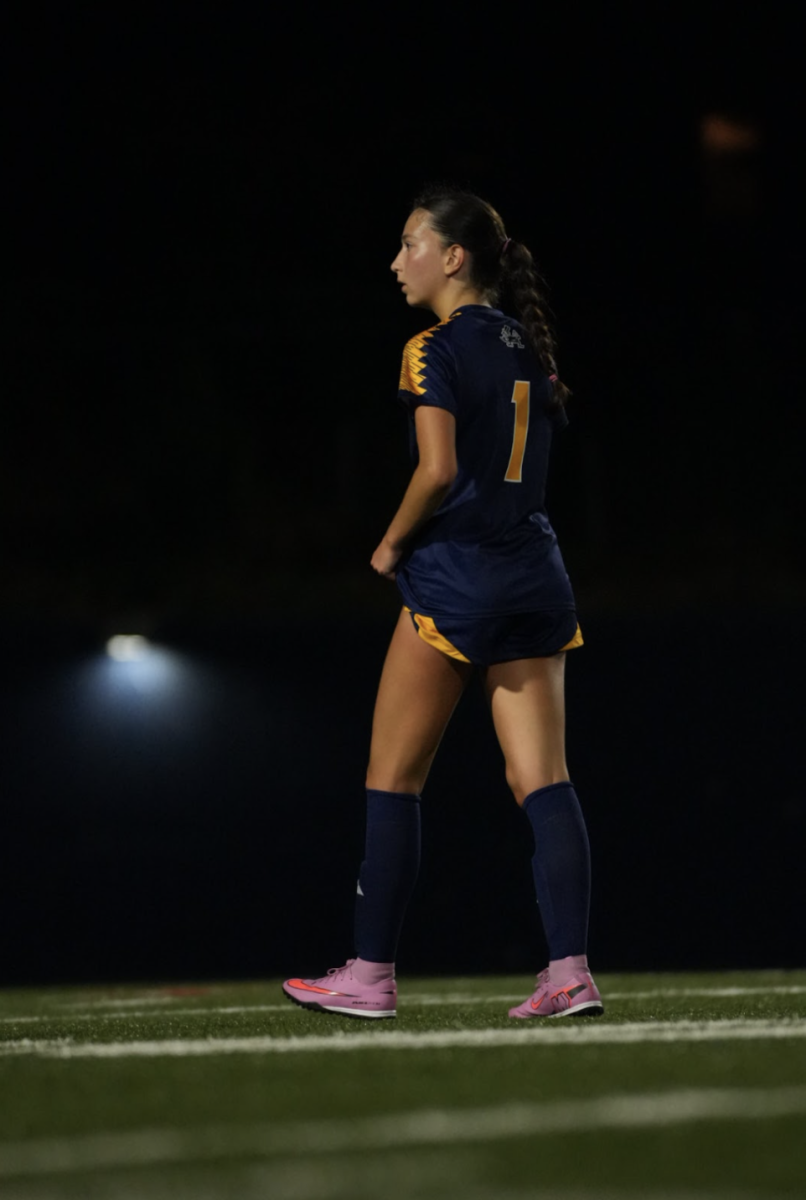
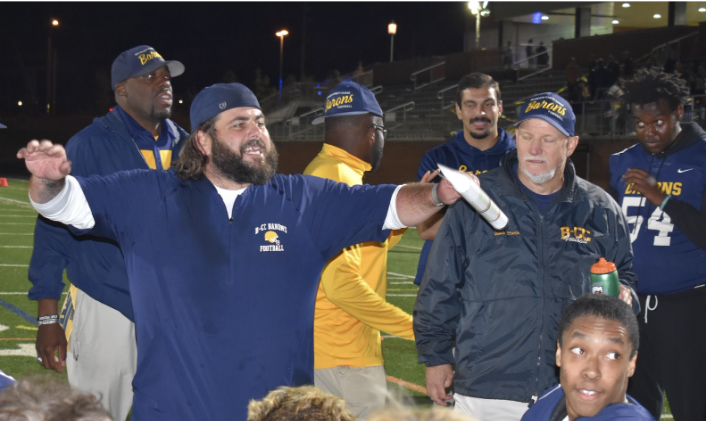
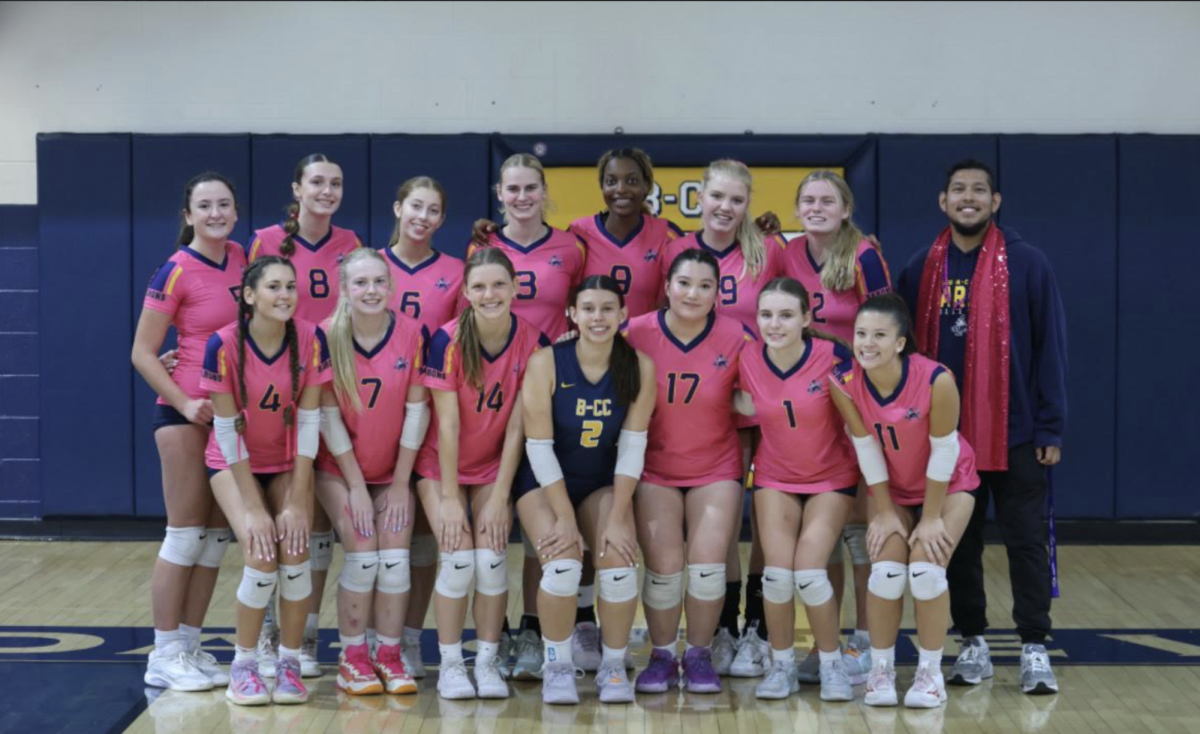
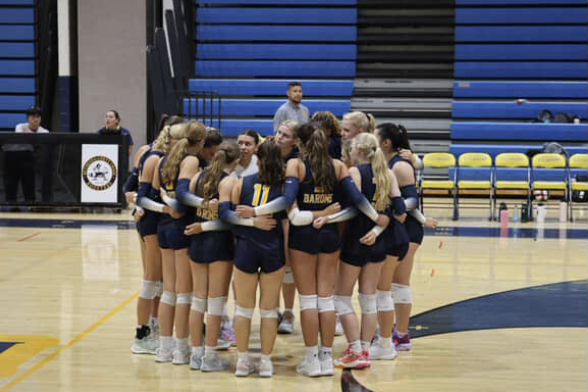


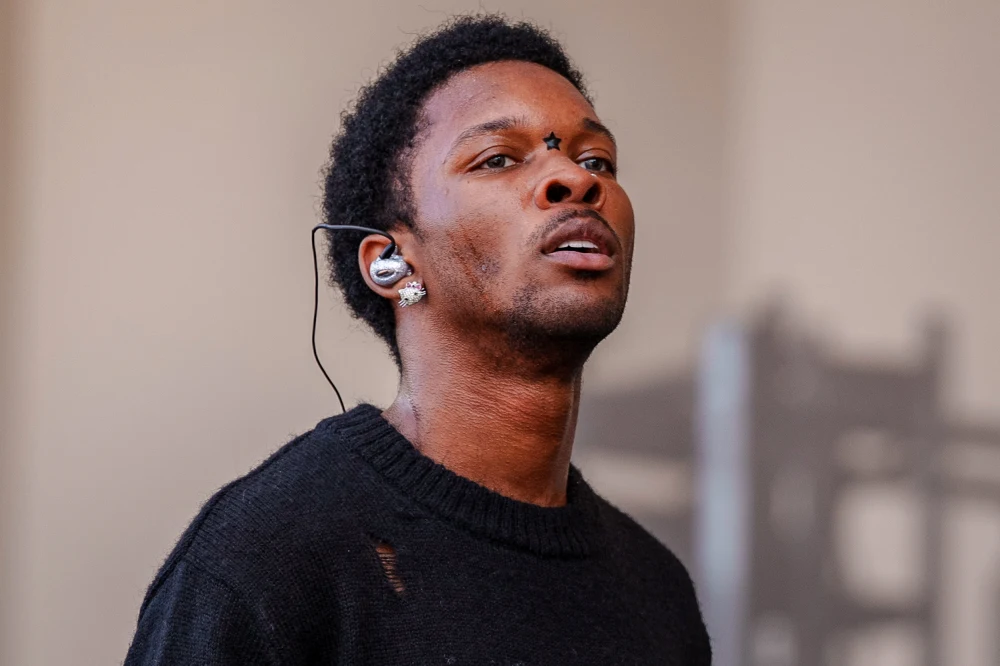































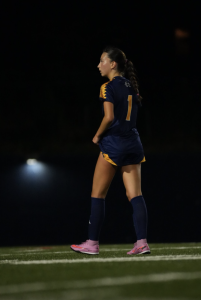

Oliver • Oct 27, 2023 at 12:34 pm
I agree that gender diversity is a good thing, but with the physics class stuff, the lack of diversity comes from the amount of students that signed up. It’s not like men are being chosen more than women in this scenario, it’s just that fewer women are signing up. I’m not saying that’s a good thing, but you act like that lack of diversity is the fault of the school.
b-cc student • Apr 26, 2023 at 8:04 am
Initial article was great, and you’ve done an excellent job responding to criticism and backing up your claim with evidence.
Appreciative Parent • May 12, 2023 at 9:53 am
The numbers are indisputable, and the female students’ similar experiences across classes add perspective and further support your claim. Glad you threw light on this, and appreciate your willingness to circle back in response to comments.